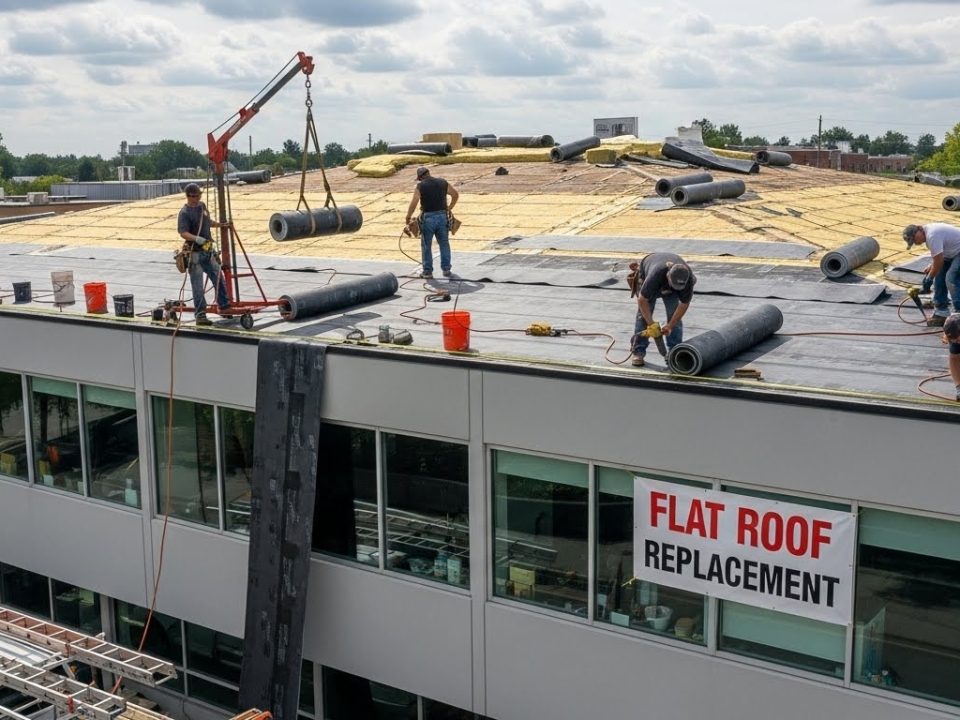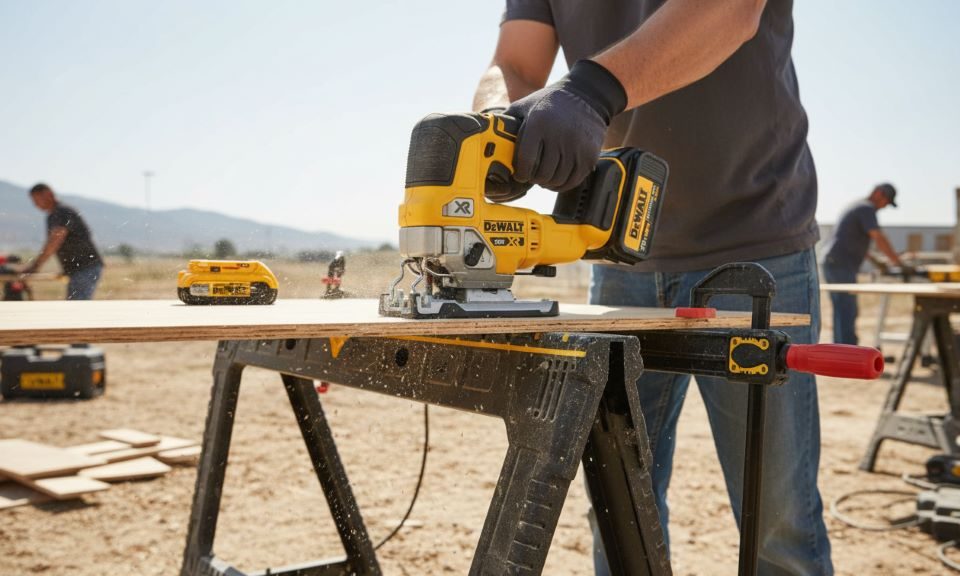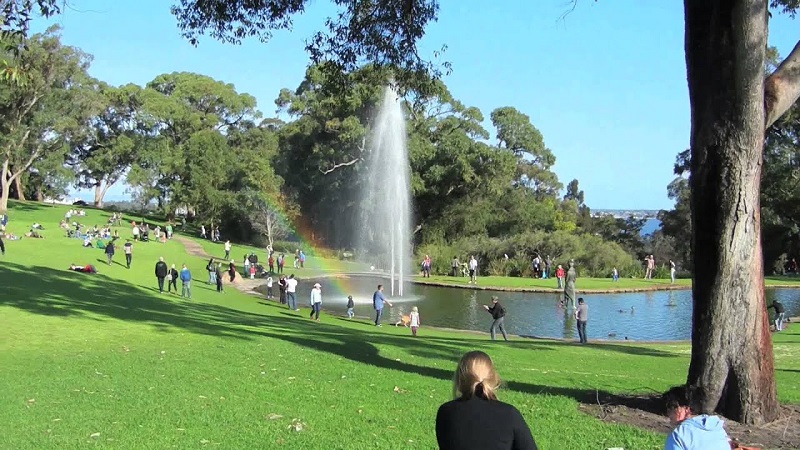Understanding leaseholder responsibilities is essential whether you’re considering purchasing a leasehold property or already living in one. In the UK, leasehold agreements are a common form of property ownership, especially in flats or apartments. However, many leaseholders aren’t fully aware of their obligations and rights under these agreements.
Leasehold ownership means you own the property (but not the land it stands on) for a set period—often decades or even centuries—under a lease agreement with the freeholder or landlord. As such, the leaseholder must comply with certain duties outlined in that lease, while also being entitled to specific rights.
At Dotenvironment.net, you’ll find a variety of resources related to home improvement, property law, and sustainable living, which can be helpful in managing your leasehold responsibilities more effectively.
Table of Contents
ToggleWhat Are Leaseholder Responsibilities?
Leaseholder responsibilities refer to the legal and contractual duties that a leaseholder agrees to uphold when entering a lease agreement. These duties can vary depending on the lease terms, but generally include:
- Paying ground rent and service charges
- Maintaining and repairing the interior of the property
- Obtaining permissions for major alterations
- Complying with the terms of the lease
- Contributing to communal maintenance and repairs
Understanding these responsibilities helps avoid legal disputes and ensures that the leaseholder can live in harmony with the freeholder and other residents.
As outlined in this helpful article on Leaseholder Responsibilities, a leasehold agreement defines the leaseholder’s role in property maintenance and outlines the areas that fall under their care versus those maintained by the landlord.
Financial Obligations
One of the key aspects of leaseholder responsibilities is financial accountability. Leaseholders must usually pay:
- Ground rent: A fee paid annually to the freeholder.
- Service charges: These cover the cost of maintaining communal areas such as hallways, lifts, and gardens.
- Major works contributions: Payments required for significant repairs or refurbishments.
Failure to pay these charges can result in legal action or even forfeiture of the lease, so it’s important to budget accordingly.
According to Leasehold Advisory Service (LEASE), disputes about service charges are one of the most common problems faced by leaseholders, making it essential to understand what you’re paying for and whether the charges are reasonable.

Maintenance and Repairs
As a leaseholder, you are generally responsible for:
- Interior upkeep: Including plumbing, wiring, and decor inside your flat.
- Routine repairs: Fixing things that wear out or break over time.
- Keeping the property in good condition: As specified in your lease.
The landlord or freeholder usually takes care of the building’s exterior and shared spaces. However, leaseholders may need to contribute financially to these works via the service charge or a special levy.
It’s crucial to read the lease carefully to understand which parts of the property you are responsible for, especially when issues like leaks or structural damage arise.
Seeking Permission for Alterations
While you may own the lease, significant changes to the property—like removing a wall or changing windows—often require permission from the freeholder. Unauthorized alterations can lead to penalties or legal disputes.
Before starting any renovation, you should:
- Check the lease for any restrictions.
- Get written consent from the freeholder if required.
- Inform local authorities if planning permission is needed.
Failure to follow these steps could make selling your property more complicated in the future.
Compliance With Lease Terms
Every lease contains specific clauses that leaseholders must adhere to. These can include:
- Restrictions on subletting or running a business
- Noise limitations
- Pet ownership rules
It’s essential to fully understand these rules before moving in, as breaching them could lead to enforcement action by the freeholder or property management company.
Read More: Three Things to Think About when Buying an Older Property
Your Rights as a Leaseholder
While leaseholders have responsibilities, they also enjoy important rights, including:
- Right to information: Landlords must provide a breakdown of service charges.
- Right to challenge charges: Leaseholders can dispute unreasonable costs through a tribunal.
- Right to manage: Leaseholders can collectively take over building management.
- Right to extend the lease: After two years of ownership, leaseholders can request a lease extension.
- Right to enfranchisement: Leaseholders may purchase the freehold collectively.
These rights are designed to give leaseholders more control and transparency over their living situation.
Dispute Resolution
If disputes arise between leaseholders and landlords, there are several routes to resolution:
- Informal negotiation
- Mediation
- First-tier Tribunal (Property Chamber)
Taking legal action should always be a last resort, but it is available when all other attempts fail. Being informed and proactive is often the best strategy to avoid disputes in the first place.
Keeping Records
Leaseholders should keep detailed records of:
- Correspondence with the freeholder
- Receipts for service charges
- Maintenance logs
- Lease agreements and any amendments
These documents can be invaluable if any disagreements arise or if you decide to sell your property in the future.
Leaseholder Responsibilities in Summary
To summarize, here are the core leaseholder responsibilities:
- Pay required charges promptly
- Maintain the interior of the property
- Comply with lease restrictions and conditions
- Seek permission for major changes
- Contribute to building-wide maintenance and repair
Staying on top of these responsibilities ensures a smooth tenancy and minimizes potential legal or financial issues.
Frequently Asked Questions (FAQs)
1. Can a leaseholder be evicted?
Yes, in extreme cases such as persistent non-payment of charges or serious breach of lease terms, a landlord can initiate forfeiture proceedings. However, leaseholders have the right to dispute such actions through legal channels.
2. What happens when the lease expires?
When a lease reaches the end of its term, ownership of the property reverts to the freeholder. However, leaseholders can apply for a lease extension or purchase the freehold.
3. Are service charges negotiable?
While service charges aren’t usually “negotiable,” leaseholders have the right to challenge them if they believe they are unfair or excessive through a tribunal.
4. Can I make changes to my leasehold property?
Yes, but you may need the freeholder’s consent for structural or significant changes. Always consult your lease and seek legal advice if uncertain.
5. What if I have a dispute with my landlord?
Start with informal communication or mediation. If the issue isn’t resolved, you can take it to the First-tier Tribunal for a formal decision.
Conclusion
Leasehold arrangements come with a unique set of obligations and rights. Being a responsible leaseholder means understanding these duties, keeping up with payments, and adhering to the lease agreement. At the same time, knowing your rights empowers you to challenge unfair practices and make informed decisions about your property.
By educating yourself and staying proactive, you can enjoy the benefits of your leasehold property while maintaining a positive relationship with your landlord. For more guidance and property-related tips, be sure to visit Dotenvironment.net and explore their insightful articles and resources.
Whether you’re a first-time buyer or a long-time leaseholder, understanding your responsibilities is the first step toward a hassle-free property experience.
Read More: Gifting a property





